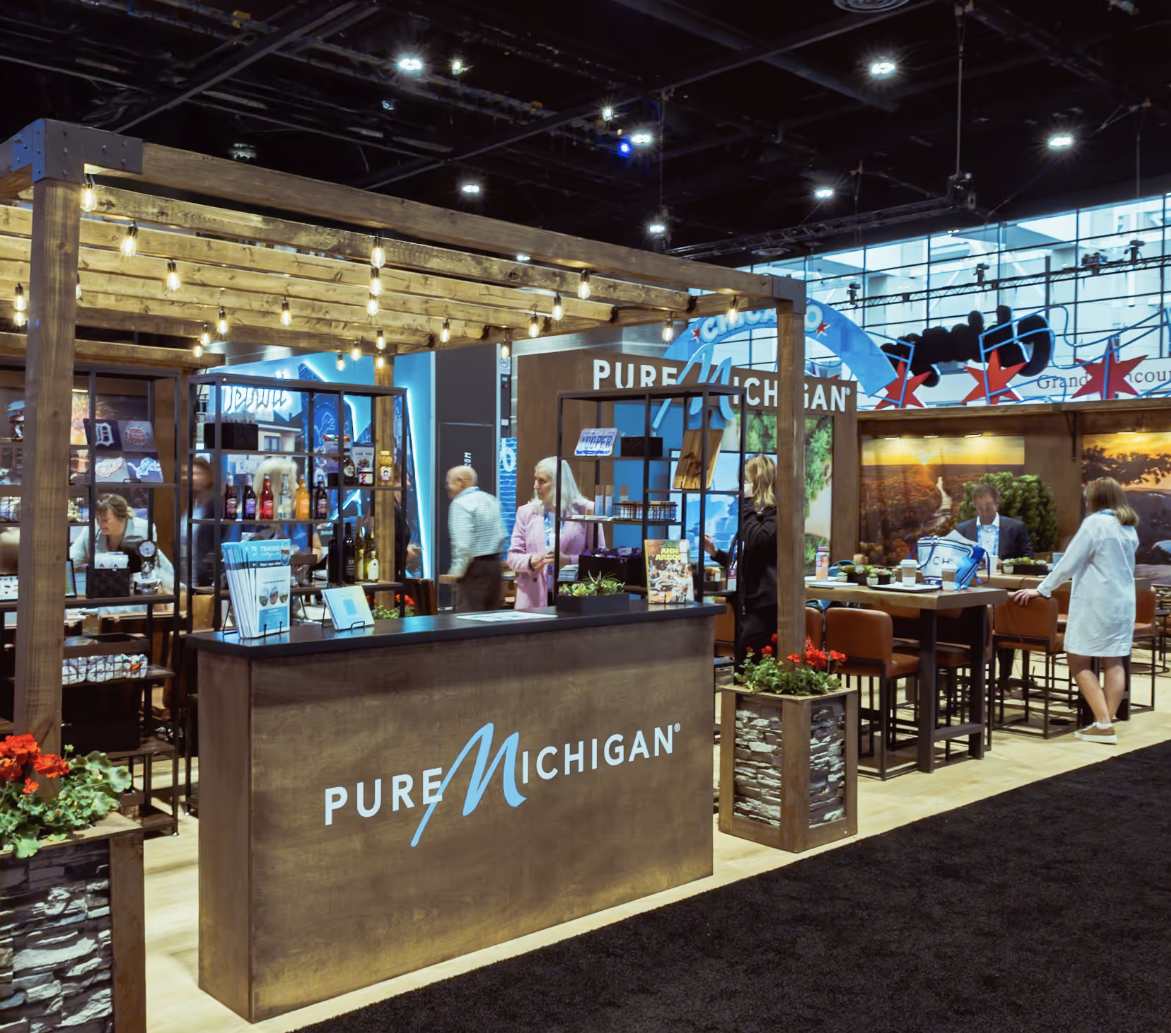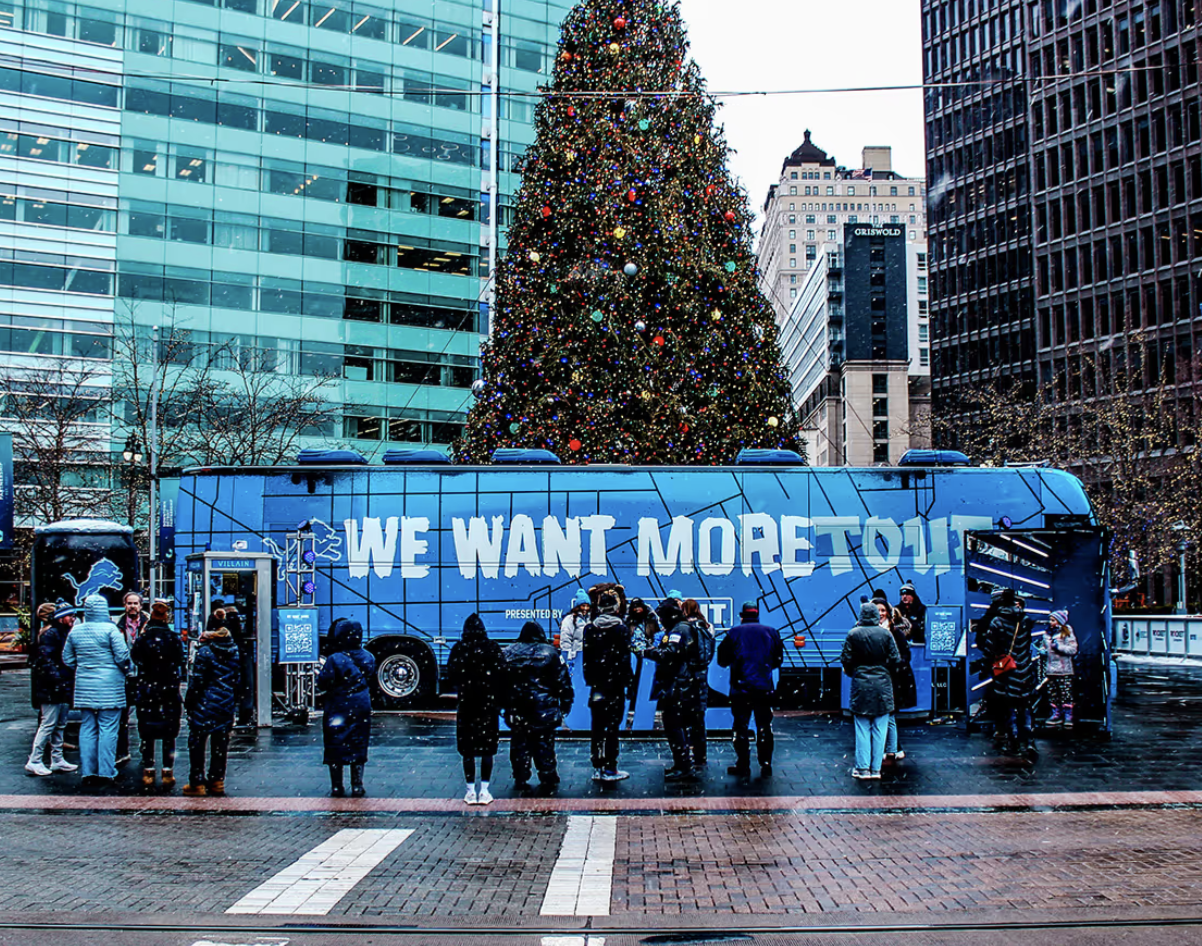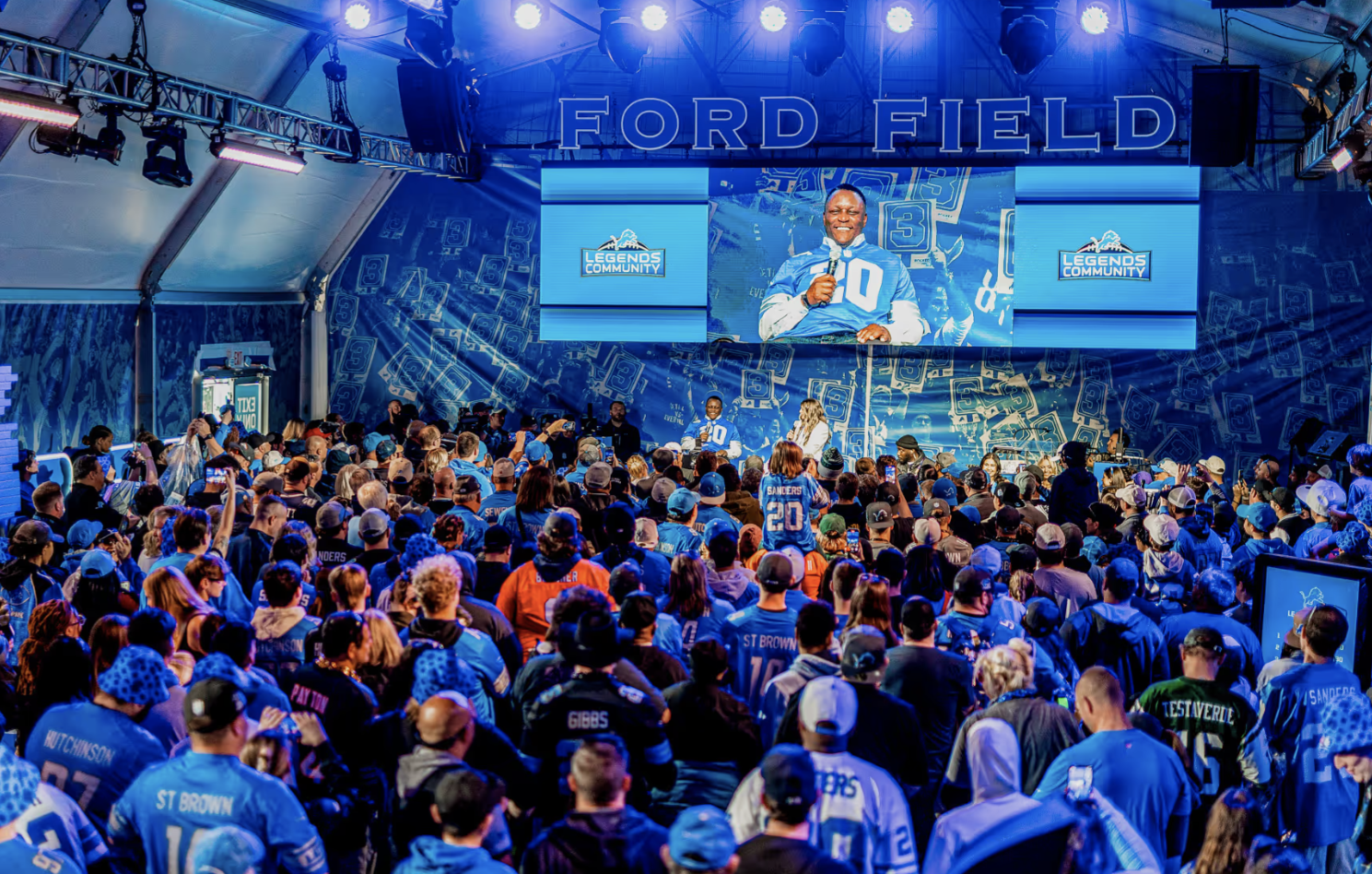Boost Sales with Local Brand Partnerships
Local brand partnerships connect businesses with reliable community networks and shared customer bases, creating direct revenue opportunities through collaborative marketing efforts. Location-based activation strategies reduce individual promotional costs while expanding market reach through trusted local connections that carry more credibility than traditional advertising. Beyond reducing costs, these partnerships have a measurable impact on sales, especially when businesses lean into authentic community relationships.
The Sales Impact of Local Brand Partnerships
Partnering with local brands directly influences sales by expanding market reach and building customer trust through community relationships. Large and small businesses collaborate with local organizations to access existing customer loyalty and benefit from referral networks that convert at higher rates than cold marketing approaches.
Companies can grow revenue through brand partnerships because customers are drawn to brands that show an authentic commitment to their communities, not just transactional exchanges. When businesses plan brand activations together, they create mutual benefits.. One of the most effective ways this plays out is through trade show collaborations, where local businesses can achieve more together than they could alone.
Trade Show Collaborations Heighten Local Business Presence
Trade show partnerships allow local enterprises to participate in larger-scale activations that would be unaffordable alone. These collaborative campaigns create natural customer flow between offerings:
- Multi-Partner Coordination: Trade show activations accommodate multiple local businesses within single campaigns, allowing each participant to access professional event production while contributing to the local economy.
- Cost Distribution: Partnership-driven trade show experiences distribute marketing expenses across participants, making premium activations accessible to small business owners that couldn't afford independent campaigns.
- Regional Identity Showcasing: The Pure Michigan activation at U.S. Travel's IPW 2025 combined state tourism promotion with local craftspeople and manufacturers, showcasing Michigan's woodworking, metalwork, and manufacturing heritage through booth design featuring custom-built pergolas, thoughtfully sourced furniture, and fresh red geraniums that celebrated regional craftsmanship.

Mobile Tours Create Shared Revenue Opportunities
While trade shows bring audiences to a central location, mobile tours flip the approach by taking brand experiences directly into neighborhoods and communities. Mobile tours provide platforms for local brand partnerships by bringing collaborative experiences directly to target audiences across multiple neighborhoods. The Detroit Lions "We Want More" tour partnered with local municipalities and businesses throughout Michigan, sharing promotional costs while increasing exposure through coordinated engagement.
Partnership-driven mobile experiences combine complementary local businesses under unified campaign themes, allowing each participant to access professional event production while contributing local market knowledge. When multiple local partners participate in mobile activations, they benefit from shared customer bases and cross-promotional opportunities. These rolling campaigns naturally lead into larger, more immersive brand activations, where multiple partners unite under a single theme.

Brand Activations Unite Multiple Local Partners
Strategic partnerships between complementary businesses amplify marketing impact while building community connections. Brand activations centered on local partnerships create immersive experiences that showcase multiple businesses while maintaining cohesive messaging:
- Complementary Business Integration: Partnership-focused activations work when participating businesses enhance each other, creating seamless customer experiences across multiple touch points.
- Shared Production Resources: Local partners benefit from association with larger activation campaigns while contributing community authenticity that enhances experience credibility.
- Regional Culture Celebration: The Detroit Lions NFL Draft activation at Ford Field partnered with local artists, manufacturers, and service providers to create interactive experiences, including a Ford Field entrance tunnel replica, custom Coach Dan Campbell Zoltar activation, temporary tattoo parlor, and reaction wall challenges that celebrated Detroit's culture while driving fan engagement.
Of course, none of these activations are possible without first identifying and selecting the right local partners.

Identifying and Selecting Local Partnership Opportunities
Partnership identification requires understanding local business markets and customer flow patterns between enterprises. Successful partnerships occur when organizations serve similar demographics while offering different products or services that enhance each other. Selection criteria should prioritize partner reputation, customer base alignment, and proven track records of successful collaborative marketing efforts.
Businesses with loyal community ties make ideal partners because they bring existing relationships and local credibility to joint campaigns. Once individual partnerships are identified, the next step is scaling them into sustainable networks that expand reach without sacrificing authenticity.
Market Research for Partnership Compatibility
Market research for local partnerships focuses on identifying businesses that serve overlapping customer bases without direct competition. Research should depict customer movement patterns between local companies to identify natural partnership opportunities:
- Customer Flow Analysis: Understanding how customers move between local businesses reveals natural partnership opportunities where complementary services create mutual referral potential.
- Demographic Overlap Assessment: Research identifies businesses serving similar age groups, income levels, and lifestyle preferences without offering competing products or services.
- Seasonal Business Cycle Mapping: Partnership compatibility improves when businesses have busy seasons, allowing mutual support during peak and slow periods.
Partner Evaluation and Brand Alignment
Partner evaluation examines brand values, quality standards, and customer experience expectations to identify potential conflicts or synergies. Local businesses must maintain compatible service levels and messaging approaches to preserve customer trust across partnership touch points. Brand alignment assessment includes reviewing potential partners' social media presence, community reputation, and business practices to verify compatibility. Partners should complement each other's strengths while addressing different customer needs within shared target audiences.
Building Sustainable Partnership Networks
Networking partnerships require balancing different types of local businesses to maximize market coverage while avoiding conflicts of interest. The strongest networks include companies from various industries that serve overlapping customer bases without direct competition:
- Industry Diversification: Sustainable partnership networks include businesses from different sectors that serve similar customers, reducing competition while maximizing cross-promotional opportunities.
- Geographic Coverage: Networks spanning multiple neighborhoods or districts provide broader market reach while maintaining local authenticity in each area.
- Resource Complementarity: Viable partnerships combine businesses with different strengths - such as manufacturing, marketing, or customer service capabilities.
Coordinating and executing these partnerships can feel complex, which is why many businesses turn to Activate for support.
How Activate Facilitates Local Brand Partnerships Through Experiential Marketing
Activate specializes in creating experiential marketing campaigns that bring local brand partnerships to life through mobile tours, brand activations, and trade show collaborations. Our production capabilities allow multiple local partners to participate in professionally managed campaigns while sharing costs and expanding individual business reach.
Our partnership approach focuses on creating authentic community connections that benefit all participants while effectively serving target audiences. We coordinate multiple brand requirements within cohesive campaign frameworks, highlighting each partner's strengths while maintaining unified messaging and experience quality across all touchpoints.
Ready to expand your business through local brand partnerships? Fill out our contact form to discuss how experiential marketing can connect your brand with valuable local partners.
Frequently Asked Questions
What is an example of a local partnership business?
Local partnership businesses include collaborations between mobile tour operators and community organizations like schools, nonprofits, or municipal programs that host branded activations. These partnerships combine professional event production with dedicated community networks to create experiential campaigns that benefit both the touring brand and the local host organization.
How to partner with a local business?
Partnering with local businesses starts with identifying organizations that share similar target audiences but offer complementary rather than competing services or products. Successful partnerships involve collaborative event planning, where each partner contributes unique resources—for example, one partner may provide mobile activation capabilities while the other offers local venue access and community connections.
Is it a good idea to have business partners?
Having business partners can be beneficial when partnerships expand market reach and reduce individual marketing costs through shared experiential campaigns and collaborative event production. Local partnerships work particularly well for businesses that can combine resources to create larger-scale brand activations, mobile tours, or community events that neither could afford nor execute independently.
